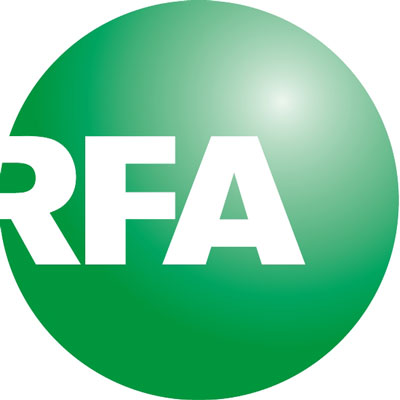
Rights activists and relatives of political prisoners in Vietnam called this week for sanctions to be imposed on Vietnamese officials deemed responsible for torture and other abuses in the country’s jails, as criticism of Hanoi’s repression of critics and dissenters mounts around the world.
The call comes as authorities in Hanoi prepare for the Jan. 25 launch of the 13th ruling Communist Party Congress, cited by activists and rights experts as the reason Vietnam’s already low tolerance of dissent deteriorated sharply in 2020 with the round-up of independent journalists, publishers, and Facebook commentators.
Speaking in interviews with RFA, rights workers and family members of prisoners called for international action to be taken against Vietnamese authorities held responsible for suppressing dissent, with the possible enforcement of sanctions and travel bans under the Global Magnitsky Human Rights Accountability Act—a U.S. law named after a Russian corruption whistleblower who died in prison.
The law, which has already been applied by Washington to level sanctions against Chinese officials for repression of Uyghurs in Xinjiang, calls for the seizure of assets and a U.S. travel ban for foreign officials who violate human rights.
Eight police officers have already been named in the case of Nguyen Van Hoa, a former blogger and RFA videographer now serving a seven-year prison term for “conducting propaganda against the state,” whose guilty plea to the charges made against him were coerced by torture in custody.
Hoa wrote in letters smuggled to his family from prison that police had “hung him upside down from the ceiling and then beaten him,” London-based human rights activist Son Tran told RFA on Jan. 10, adding that details of the abuses inflicted by Hoa’s jailers were later submitted for action to the U.S. government by a Magnitsky Act working group.
Penalties imposed under the Magnitsky Act, including the freezing of assets and blocking of travel to the U.S., have not yet been applied to Vietnamese officials, but their potential deterrent effect could force rights abusers in Vietnam to carefully consider their actions, Son Tran said.
“As a deterrent, these could be effective, because wealthy leaders in Vietnam often want to send their children to study in the United States and then buy houses in the U.S. so they will have a ‘safe landing’ after they retire,” he said.
Evidence difficult to collect
The difficulties involved in collecting evidence in Vietnam’s tightly controlled security apparatus may hamper investigations into abuse, though, said Nguyen Xoan, the daughter-in-law of prisoner of conscience Le Dinh Luong, now serving a 20-year prison term after being charged with membership in a U.S.-based opposition party.
“Everyone knows that it is not unusual in Vietnam for police officers to torture the body and spirit of prisoners of conscience and dissidents and their relatives, Xoan said. “But in all places in Vietnam where police do their work, it is forbidden to film or take photos, and so it will be difficult to collect evidence against them.”
“Anyone found recording or filming the police will be in great danger,” she said.
“Everything in Vietnam, from the state of the economy to the well-being of prisoners and even to the activities of dissidents outside the jails, is under the exclusive control of the [ruling Communist] Party,” said Nguyen Thi Chuong, the wife of jailed writer Nguyen Duc Thach, now serving a 12-year prison term in central Vietnam’s Nghe An province.
“I am a rural resident and don’t understand much about these things, but I think it would be very good for other countries to intervene,” she said.
Criticism continues worldwide
Criticism of Hanoi’s repression of peacefully expressed opposition to Vietnam’s one-party communist government continues to mount worldwide after a series of heavy prison sentences were meted out to journalists and activists.
In a Jan. 12 statement, the Delegation of the European Union to Vietnam condemned the rejection by a Vietnamese court on Jan. 8 of an appeal by four jailed members of the Hien Phap (Constitution) Group, a network of activists formed in 2017 to call for the rights to freedom of speech and assembly promised under Article 25 of Vietnam’s Constitution.
“This verdict confirms a worrying trend aimed at reducing space for freedom of expression, freedom of assembly and freedom of association in the country,” the EU delegation said, adding, “The European Union will continue to monitor and work with the Vietnamese authorities and all relevant stakeholders to improve the human rights situation in Vietnam.”
According to the rights group Defend the Defenders, Hanoi is currently detaining at least 238 prisoners of conscience.
Reported by RFA’s Vietnamese Service. Translated by Huy Le. Written in English by Richard Finney.